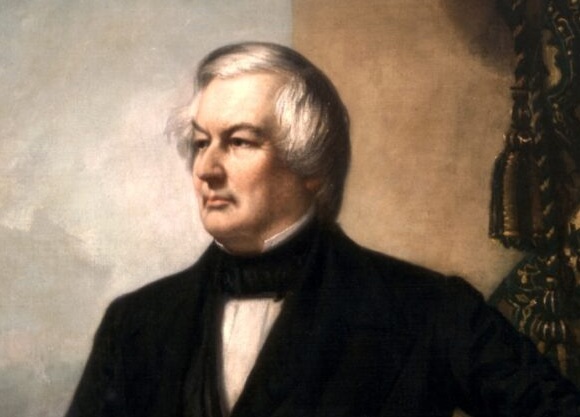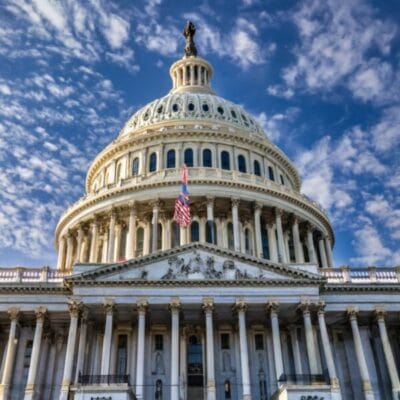Introduction
The Republican Party (GOP) finds itself at an ideological crossroads amidst a rapidly evolving political landscape. As the demographics of the American electorate shift, the party faces an identity crisis, struggling to balance its traditional conservative values with the demands of an increasingly diverse and progressive population.
GOP Identity in Flux Amidst Evolving Political Landscape
The GOP’s identity has been historically defined by its commitment to limited government, fiscal conservatism, and social conservatism. However, these principles have come under increasing strain as the electorate has become more diverse and progressive. Millennials, who now constitute the largest generation in the country, have different priorities than their elders, valuing issues such as climate change, healthcare, and gun control.
The party’s traditional emphasis on free markets and deregulation has also faced challenges in the wake of the 2008 financial crisis. Many Americans have come to believe that the government needs to play a more active role in regulating the economy and protecting consumers. This shift in sentiment has forced the GOP to rethink its core economic principles.
Republican Party Grapples with Changing Electorate
The GOP is confronted with the challenge of adapting to a changing electorate that is becoming increasingly diverse in terms of race, ethnicity, and sexual orientation. Traditionally, the party has relied on white, working-class voters as its base. However, this demographic is shrinking as minority populations grow and become more politically active.
The party’s stance on social issues, such as same-sex marriage and abortion rights, has also alienated many younger voters. These issues are increasingly important to millennials, who are more tolerant of social diversity than previous generations. The GOP’s unwillingness to evolve on these issues has made it difficult for the party to attract new voters and expand its base.
Summary
The GOP faces an identity crisis amidst a rapidly evolving political landscape. The party’s traditional principles are being tested by a changing electorate that is more diverse, progressive, and tolerant. The GOP must adapt to these changes if it wants to remain a viable force in American politics. Failure to do so could lead to the party’s decline and the rise of new political ideologies.



